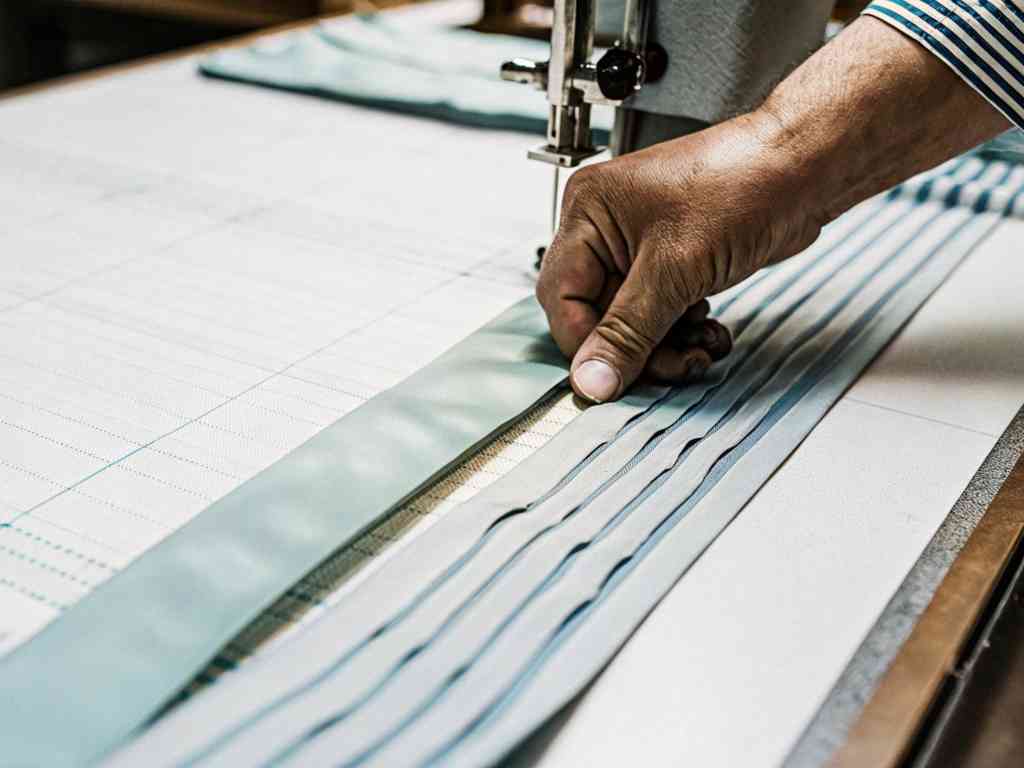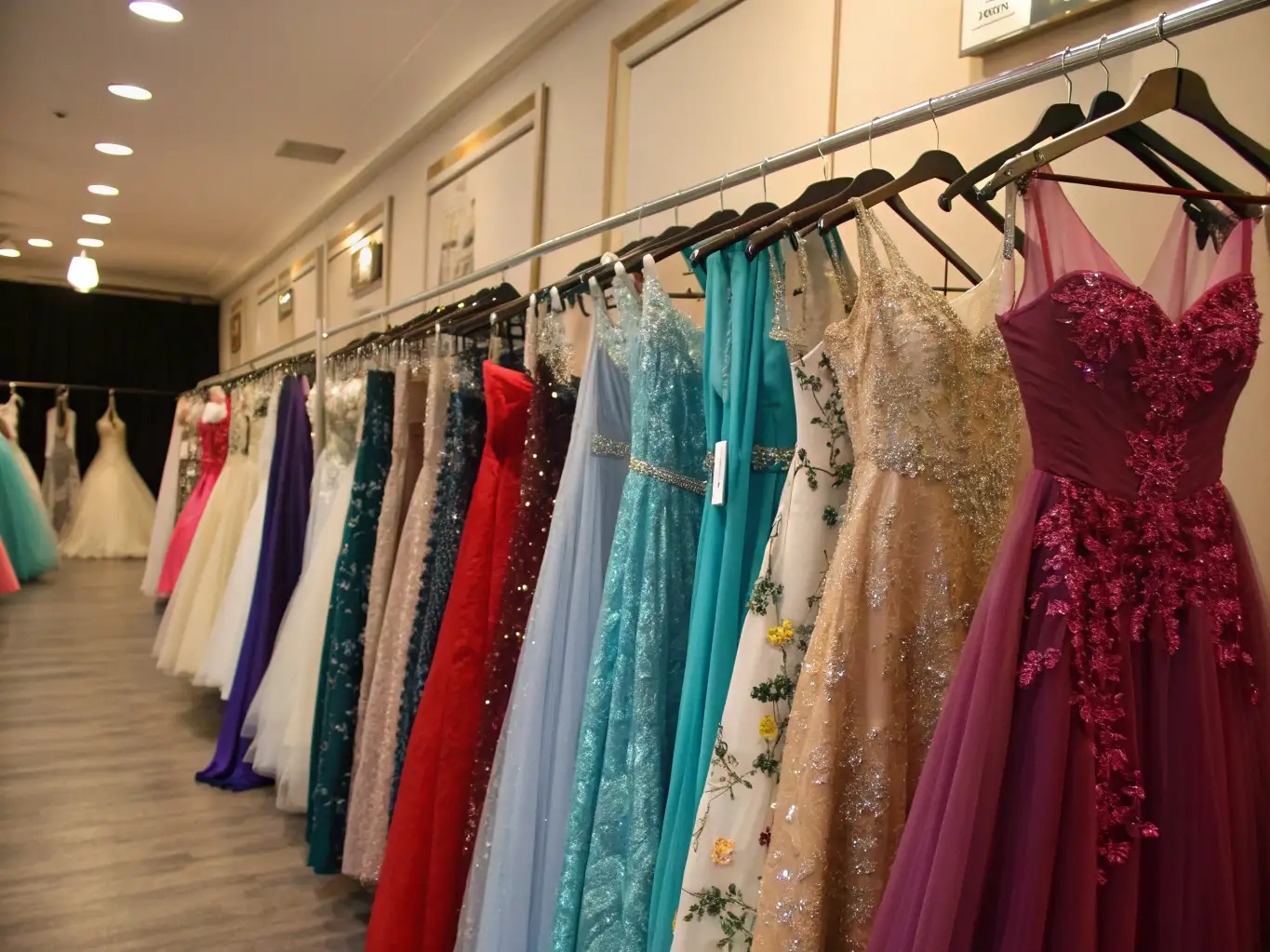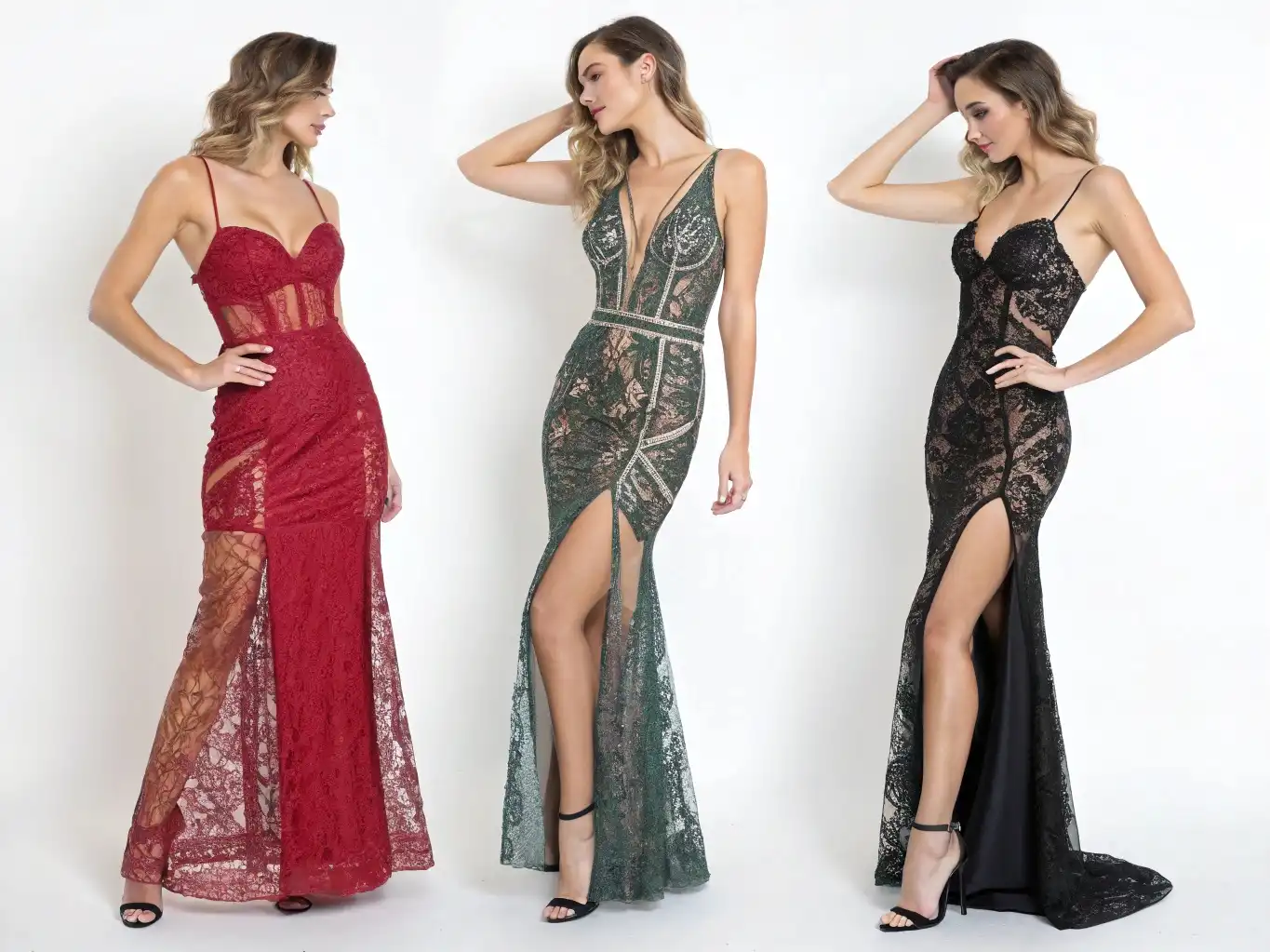Choosing a manufacturer feels overwhelming, especially for new brands. One wrong decision can stall your launch, damage quality, or inflate costs. But don’t worry—there’s a method to the madness.
Finding a good manufacturer means identifying one who aligns with your brand’s quality standards, cost goals, and delivery timelines—while offering transparent communication1 and ethical practices.
When I started building my own supply chain, I hit so many walls. From ghosting suppliers to poor-quality samples. That’s why I created this guide—so you won’t have to learn it the hard way.
Why Choosing the Right Manufacturer Is Crucial to Your Business Success?
Without the right production partner, your brand’s foundation is weak. You can have the best designs, but they’ll never shine if executed poorly.
A reliable manufacturer safeguards your design vision, meets deadlines, manages costs, and ensures consistent product quality. They’re more than a supplier—they’re your operational backbone.
How Can the Right Manufacturer Impact Product Quality, Cost, and Delivery Time?
The right factory brings your sketchbook to life. They make or break your brand.
They help reduce fabric wastage, optimize labor, improve consistency, and eliminate delays—all while staying within your cost targets. That balance is crucial to scalability.
Let’s break it down:
| Key Factor | Right Manufacturer | Wrong Manufacturer |
|---|---|---|
| Product Quality | Consistent, matches tech packs | Varies per batch, loose tolerance |
| Costs | Fair and scalable | Hidden fees, costly reworks |
| Lead Time | Reliable and transparent | Misses delivery dates |
Their influence goes beyond production—they affect how your brand is perceived in the market.
What Happens If You Partner with the Wrong Factory?
It starts with missed deadlines and ends with brand damage.
You might face late shipments, quality control nightmares, or even certification issues. These setbacks can delay launches and erode customer trust.
I’ve seen it firsthand—factories promising 30-day turnaround, only to ghost for weeks. Or samples arriving with totally wrong stitching. Fixing those problems is far more expensive than avoiding them from the start.
What Qualities Define a “Good” Manufacturer in the Apparel Industry?
Not all factories are equal. You need more than a sewing machine—you need a partner who understands your vision.
Look for ethical standards2, responsive communication, scalable capacity, and technical experience. These traits ensure smooth production and long-term collaboration.
Do They Offer Transparent Communication, Fair Pricing, and Flexible MOQs?
Clarity matters more than cost.
A good supplier replies quickly, gives clear price breakdowns, and negotiates low MOQs when needed. That flexibility supports growing brands.
What to Ask Early:
- Can you break down the unit cost?
- What’s your MOQ for new clients?
- How fast do you respond to sample revisions?
These questions show how they treat partnerships, not just orders.
Are They Certified (WRAP, BSCI, ISO) and Ethically Compliant?
Certifications protect your brand’s reputation.
WRAP, BSCI, and ISO prove compliance with labor laws, safety, and environmental practices. They also attract bigger retail partners who require verified sourcing.
Why It Matters:
| Certification | What It Covers | Why It’s Valuable |
|---|---|---|
| WRAP | Social compliance & labor rights | Retail-safe, ethically solid |
| BSCI | Worker rights & fair wages | Trusted by European buyers |
| ISO | Quality management & consistency | Reduces risk of production loss |
Don’t skip this step—it’s easier to check upfront than fix issues later.
Where to Search for Good Manufacturers (Online & Offline)
The hunt is easier when you know where to look.
From global platforms like Alibaba to in-person sourcing at trade shows, you can find suppliers based on budget, location, or specialization.
Which Platforms Are Best — Alibaba, Makers Row, Fibre2Fashion, or Kompass?
Each has its niche. Some focus on small brands, others on bulk buyers.
Alibaba is great for wide options, Makers Row suits U.S.-based startups, while Fibre2Fashion and Kompass offer industry-specific listings with more reliability.
Quick Comparison:
| Platform | Best For | Notes |
|---|---|---|
| Alibaba | Cost-driven, large factories | Vet carefully, request samples |
| Makers Row | U.S.-based small brands | Premium pricing, fast comms |
| Fibre2Fashion | Apparel-focused sourcing | Strong filtering by category |
| Kompass | B2B buyers with compliance focus | Good for certifications |
Don’t rely on one—try 2-3 platforms to cross-check leads.
Should You Attend Trade Shows or Visit Garment Clusters (China, Turkey, Bangladesh)?
Nothing beats seeing it with your own eyes.
Trade shows let you feel fabric, inspect samples, and build face-to-face trust. Visiting clusters like Guangzhou, Istanbul, or Dhaka gives deeper insight into factory operations.
Best Trade Shows to Consider:
- Canton Fair (China) – Massive, all-in-one show
- Texworld (Paris/New York) – Design and fabric-focused
- Istanbul Fashion Connection – Regional powerhouse
Prepare with sample tech packs and key questions. It shows you’re serious.
How to Vet a Manufacturer Before Committing to Production
Due diligence is not optional—it’s protection.
From requesting samples to checking factory videos and reviewing tech packs, the more you vet, the fewer surprises later.
Should You Ask for Samples, Tech Pack Reviews, or Video Factory Tours?
Always test before you trust.
Order 2-3 sample rounds. Share your tech packs. Ask for a video call or factory walk-through. Real factories will accommodate—traders often avoid this.
Sample Checklist:
- Stitch accuracy
- Fabric match
- Size measurements
- Wash test
What Legal Agreements and Payment Terms Should You Put in Place?
Protect yourself on paper.
Use contracts like NDAs, PO agreements, and payment terms (e.g., 30% deposit, 70% after QC). This builds trust and offers legal fallback.
Must-Have Clauses:
- IP protection for designs
- Delivery timelines
- Refund/rework policy
- Penalties for delays
Even a simple two-page agreement can save thousands.
Common Mistakes to Avoid When Looking for a Good Manufacturer
Mistakes are costly. I made them so you don’t have to.
Most problems come from rushing decisions, vague instructions, or chasing price over value.
Are You Relying Too Much on Price Without Checking Production Capacity?
Low price isn’t always low cost.
Factories might quote cheap but lack the machines or manpower to fulfill bulk orders. Delays and poor quality follow. Always ask for daily output capacity and client references.
Do You Have a Clear Specification Sheet or Tech Pack Ready Before Sourcing?
Unclear briefs cause chaos.
If your spec sheet lacks measurements, construction notes, or fabric types, factories will guess—and usually guess wrong. A good tech pack = fewer revisions.
What to Include:
- Flat sketch or CAD
- Size chart
- Stitching details
- Label/packaging instructions
Treat this like your blueprint. The clearer you are, the better they deliver.
Conclusion
Finding a good manufacturer takes effort, but it’s worth it. When you align with the right factory, your designs come alive, your launches stay on track, and your brand grows with confidence.






